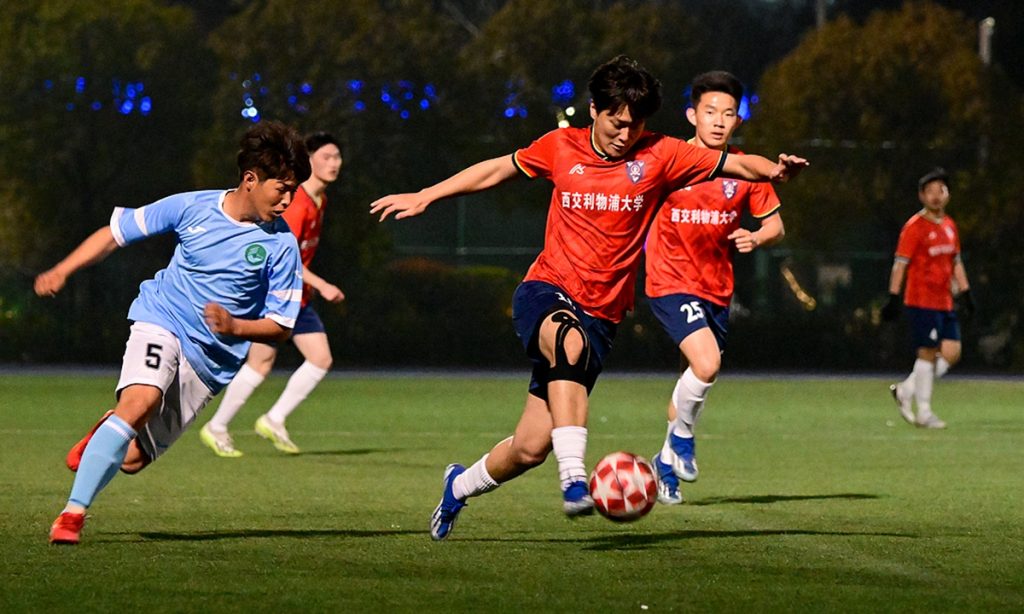New soccer majors to kickstart China’s sports future with career path

The Ministry of Education of China announced plans to add 39 new soccer sports majors at universities on Friday. This highlights the current scarcity of soccer programs in higher education and underscores the pressing need for the development of Chinese soccer. While the impact of this initiative may take time to materialize, it represents a promising long-term strategy for the sport's advancement in China.
Recently, following the national team's consecutive losses to Japan and Saudi Arabia, numerous football fans, media personalities, and authoritative bodies have voiced their opinions and proposed solutions. Eventually, the idea of establishing soccer majors gradually emerged.
This initiative provides a new platform for children passionate about soccer to focus on their athletic development without fear of academic compromise.
It allows students to balance soccer training with their studies, treating soccer as a means of learning and personal growth.
For students aspiring to become professional soccer players, the establishment of soccer majors offers a clear career path and development opportunities.
The initiative also has the potential to enhance the sport's visibility and broaden its audience.
Parents may be inspired to introduce their talented children to soccer, recognizing that the existence of such majors indicates a commitment to and support for soccer education.
The majors will promote soccer on a wider scale and advance soccer culture in China. Through systematic learning and training, even students who do not become professional players will acquire valuable soccer knowledge and skills, contributing to the long-term development and talent pool in the sport.
Wang Dazhao, a soccer commentator and member of the News Committee of the Chinese Football Association, told the Global Times that the key to advancing Chinese soccer is fostering children's interest in the sport.
"Those soccer powerhouses did not establish specialized soccer majors. Their success often relies on a well-developed soccer system and cultural tradition rather than academic programs," he noted.
Wang emphasized that the development of Chinese soccer should not be rushed or forced. Instead, the focus should be on creating conditions for children to develop their interests willingly.
"To truly inspire children's love for soccer, it's crucial to provide them with proper facilities and professional guidance. Only when children receive systematic training in a positive environment will their interest be sparked, and they will seek more opportunities," Wang said.
He pointed out that every country has its strengths and weaknesses in sports. In China, where soccer is relatively underdeveloped, it is not necessary to force it to become mainstream immediately. Instead, gradual progress and scientific development should be the focus.
By improving infrastructure, cultivating youth interest, providing professional guidance, and increasing resource investment, a solid foundation for the long-term development of Chinese soccer can be established.
It is important to respect the natural development of sports and allow soccer to grow and progress under appropriate conditions. Only through this approach can the development of Chinese soccer be better promoted.